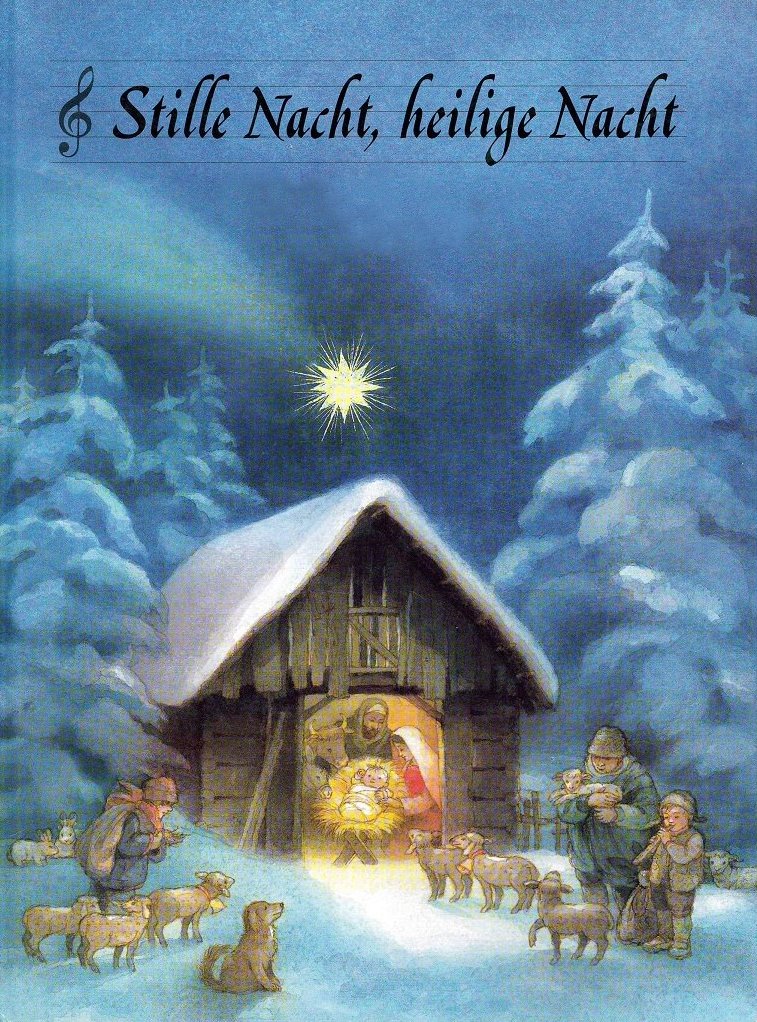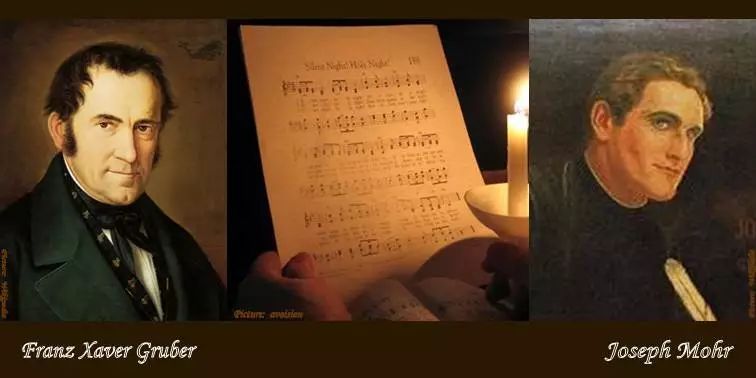“Silent Night!
Holy Night!”
On the traces of “Silent Night”
SilentNight
Gentle tunes and soothing words that touch the soul: The magic of “Silent Night” has remained uninterrupted for more than 200 years. A song that promises consolation and gives hope. Over and over again.
For centuries, the song has crossed borders and overcome crises. It connects people no matter their origin, age or religion, and provides a link back to the time during which it was created. Over 200 years ago, Joseph Mohr, a priest from Salzburg, and Franz Xaver Gruber, a teacher from Upper Austria, sang the song for the very first time at the St. Nikola Church in Oberndorf near Salzburg. The original poem was authored by Joseph Mohr, whereas Franz Xaver Gruber added the melody on his request. Only a few years later, singing families from the Zillertal valley carried the song from Austria into Europe and the rest of the world. Today, the song is performed in over 300 languages and dialects.


A lullaby for the world
More ….
Myths and legends
More ….
“Silent Night” is a Tirolean song
More….
Europe in crisis
More….
A longing for depth
Is it chance or fate? Luck or divine intervention? How can it be that a short, simple Christmas song – a song that only needed a few hours for its composition – could gain such global fame? And all that in a time without Twitter, Facebook and Instagram? In a time when there was no such thing as radio or television? And during an era of human history over which war, hunger, misery and hardship cast a heavy shadow. Hope was a big word and there was little time for dreams.
The song was created without there ever being the intention that it should one day become famous. It was created, however, with the intention of comforting and consoling people, to give them hope and to strengthen them in their faith. In the belief that there is someone there who will accept them: A good, but not a punishing God. Joseph Mohr, the composer of the poem “Silent Night!” was a trained theologian and assistant priest. And he had a strong and unshakeable faith. He allowed this to influence the lines of the poem’s six verses.
szintiaszert@gmail.com
